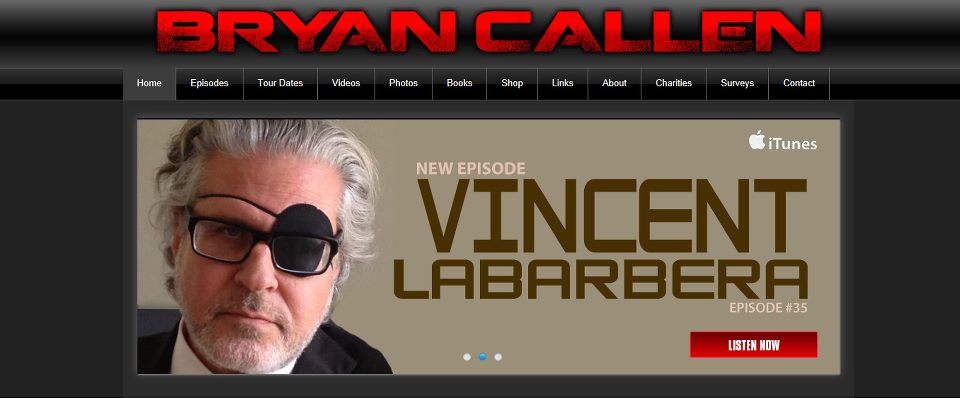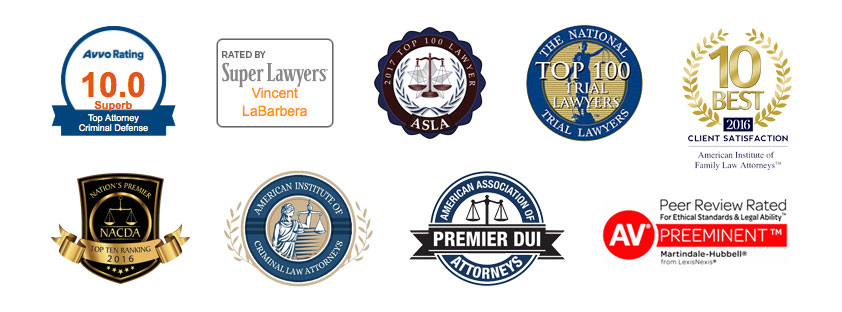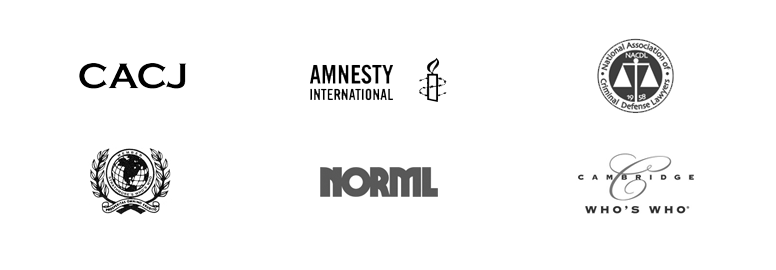Mr. LaBarbera is a distinguished criminal trial and appellate court attorney with almost 40 years of litigation experience. His offices are located in Newport Beach and Downtown Los Angeles, California. His practice is limited to Criminal Defense and Administrative Board Hearings.
Mr. LaBarbera has been awarded Martindale-Hubbell's highest A.V. rating, named one of the Top 100 Trial Lawyers by the National Trial Lawyers and is a 2015-2017 Southern California Super Lawyer. As a Federal and State criminal defense attorney, Mr. LaBarbera has argued over two hundred trials and appeals.
He has litigated thousands of cases, including:
- Murder (including special circumstances)
- Assault with a Deadly Weapon (ADW)
- Gangs and Three-Strikes cases
- Domestic Violence
- Drug possession and Sales
- Medical Marijuana Defense
- Driving Under the Influence (DUI)
- War Crimes
- All Federal and State Criminal Defense
Mr. LaBarbera also represents professionals with licensing matters before the various State Medical Boards, the Department of Real Estate, all other professional licensing agencies and the Department of Motor Vehicles (DMV).










